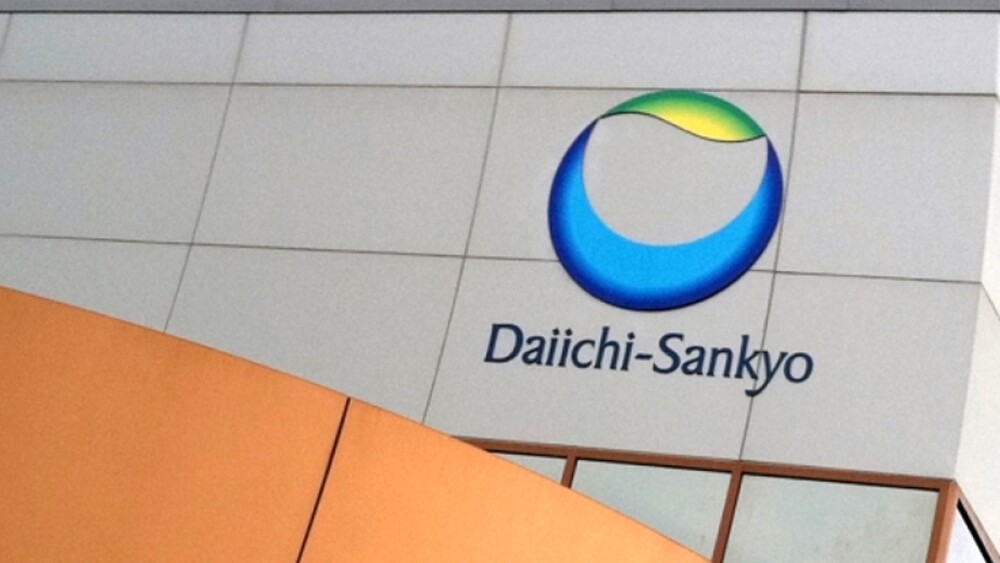August 31, 2017
By Mark Terry, BioSpace.com Breaking News Staff
As reported earlier today, a recent Nikkei Business story indicated that London, UK-based AstraZeneca PLC made an offer to acquire Japan’s Daiichi Sankyo last year, but was rejected by the company. Reuters indicated earlier that it had reached out to both companies for a statement, but nothing had been forthcoming. However, today Reuters reported that Daiichi Sankyo denied there was any takeover bid last year.
Daiichi Sankyo’s terse statement said, “It was today reported by Nikkei Business that Daiichi Sankyo Co Ltd received the acquisition offer from AstraZeneca. However, this is not the fact.”
AstraZeneca did not comment when contacted by Reuters.
Daiichi Sankyo’s stock, traded on the Tokyo stock exchange, had made a big jump at the original Nikkei Business report, climbing from 2,523 JPY to 2,688 JPY before settling down to 2,599 JPY, where it is trading currently.
rose slightly at the news, although it may not necessarily have been related. It is currently trading at $29.83. It took a much harder hit on July 27, when its Imfinzi failed a Phase III trial as a monotherapy or in combination with tremelimumab versus platinum-based standard-of-care chemotherapy in previously-untreated patients with Stave IV first-line non-small cell lung cancer (NSCLC). Shares traded at $33.94 on July 26 and plunged to $28.88 on July 27.
In 2010, the two companies teamed up to distribute and promote heartburn medication Nexium in Japan. In 2015, they inked a deal to jointly commercialize Movantik in the U.S. Movantik is a drug to treat opioid-induced constipation. Daiichi Sankyo paid AstraZeneca $200 million upfront for co-promotion rights with up to $625 million in milestone payments.
Daiichi Sankyo has a market cap of about $16 billion, which would have made it a very large deal for typically cash-strapped AstraZeneca. John Carroll, writing for Endpoints News, noted, “AstraZeneca has been a seller over the past year, not a buyer, marketing off rights to a slew of pipeline products as the company struggles to turn around and start growing revenue.”
AstraZeneca has more recently focused on oncology. Despite the setback with Imfinzi with tremelimumb or as a monotherapy in NSCLC, the drug is strong in numerous other indications. In late May, it showed positive Phase III results in NSCLC and on May 1, the U.S. Food and Drug Administration (FDA) granted it accelerated approval for previously treated patients with advanced bladder cancer. It is also being evaluated as a first-line treatment of patients with NSCLC as monotherapy in the MYSTIC and PEARL Phase III clinical trials.
Daiichi Sankyo, on the other hand, recent received a breakthrough therapy designation from the FDA for its HER2-targeting antibody-drug conjugate DS-8201. It has 20 compounds in its oncology pipeline, mostly focused on ADCs and acute myeloid leukemia. It also signed a pact with Kite to launch its CAR-T drug in Japan, which after this week’s news that Gilead bought Kite, means Daiichi Sankyo is also a partner with Gilead, which by itself might explain the stock pop, regardless of the AstraZeneca acquisition rumors.





